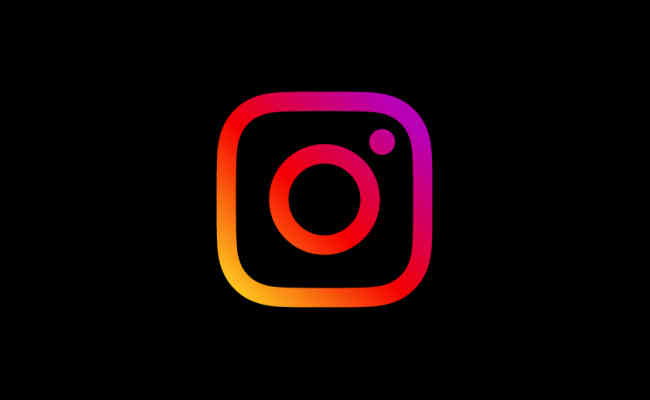Instagram App Bug Could've Given Hackers Remote Access to Your Phone
By MYBRANDBOOK

There is a critical vulnerability in Instagram's Android app that could have allowed remote attackers to take control over a targeted device just by sending victims a specially crafted image, as per Check Point Research. The concern is on , that the flaw not only lets attackers perform actions on behalf of the user within the Instagram app-including spying on victim's private messages and even deleting or posting photos from their accounts-but also execute arbitrary code on the device.
The bug in question lay in Instagram’s open source JPEG image decoder, Mozjpeg. To carry out this remote hack, attackers simply sent Instagram users a JPEG image file. If unsuspecting users downloaded the file and open the Instagram app again, the remote access tool (RAT) malware come into effect, and attackers could remotely escalate their privilege on the compromised device based on all the device permissions that Instagram has on it. For the app to function, Instagram typically takes access for camera, user location, microphone, storage and more, all of which are believed to have been vulnerable to the flaw.
According to Check Point, once an account was compromised, the user’s Instagram app would keep crashing, until the app would be uninstalled with a full data erase, and restored. Giving the critical nature of the flaw, Facebook is said to have urgently issued a flaw for this bug about six months ago. The flaw affected both the Android and iOS apps of Instagram, and was detected when Check Point researchers were exploring potential vulnerabilities in Instagram’s third party project integrations – of which Mozjpeg was one of them.
Flaws such as these are increasingly common, particularly with an increasing frequency of cyber attacks across all services. Recently, in light of increasing vulnerability disclosures, WhatsApp introduced a security disclosures page, where it will lay down key flaws that have been patched by them in the past. Given that Facebook, WhatsApp and Instagram work with similar principles, it remains to be seen if Instagram’s hierarchy decides to introduce a similar disclosure page as well.


Legal Battle Over IT Act Intensifies Amid Musk’s India Plans
The outcome of the legal dispute between X Corp and the Indian government c...

Wipro inks 10-year deal with Phoenix Group's ReAssure UK worth
The agreement, executed through Wipro and its 100% subsidiary,...

Centre announces that DPDP Rules nearing Finalisation by April
The government seeks to refine the rules for robust data protection, ensuri...

Home Ministry cracks down on PoS agents in digital arrest scam
Digital arrest scams are a growing cybercrime where victims are coerced or ...


ICONS OF INDIA : S KRISHNAN
S Krishnan as the secretary for the electronics and information techno...

Icons Of India : Dr. Sanjay Bahl
Dr. Sanjay Bahl has around four decades of experience in the ICT indus...

Icons Of India : PRATIVA MOHAPATRA
Prativa is a transformational leader with an incredible breadth of exp...


STPI - Software Technology Parks of India
STPI promotes and facilitates the growth of the IT and ITES industry i...

EESL - Energy Efficiency Services Limited
EESL is uniquely positioned in India’s energy sector to address ener...

IFFCO - Indian Farmers Fertiliser Cooperative
IFFCO operates as a cooperative society owned and controlled by its fa...


Indian Tech Talent Excelling The Tech World - Shantanu Narayen, CEO- Adobe Systems Incorporated
Shantanu Narayen, CEO of Adobe Systems Incorporated, is renowned for h...

Indian Tech Talent Excelling The Tech World - Lal Karsanbhai, President & CEO, Emerson
Lal Karsanbhai, President and CEO of Emerson, assumed the leadership i...

Indian Tech Talent Excelling The Tech World - NEAL MOHAN, CEO - Youtube
Neal Mohan, the CEO of YouTube, has a bold vision for the platform’s...
 of images belongs to the respective copyright holders
of images belongs to the respective copyright holders